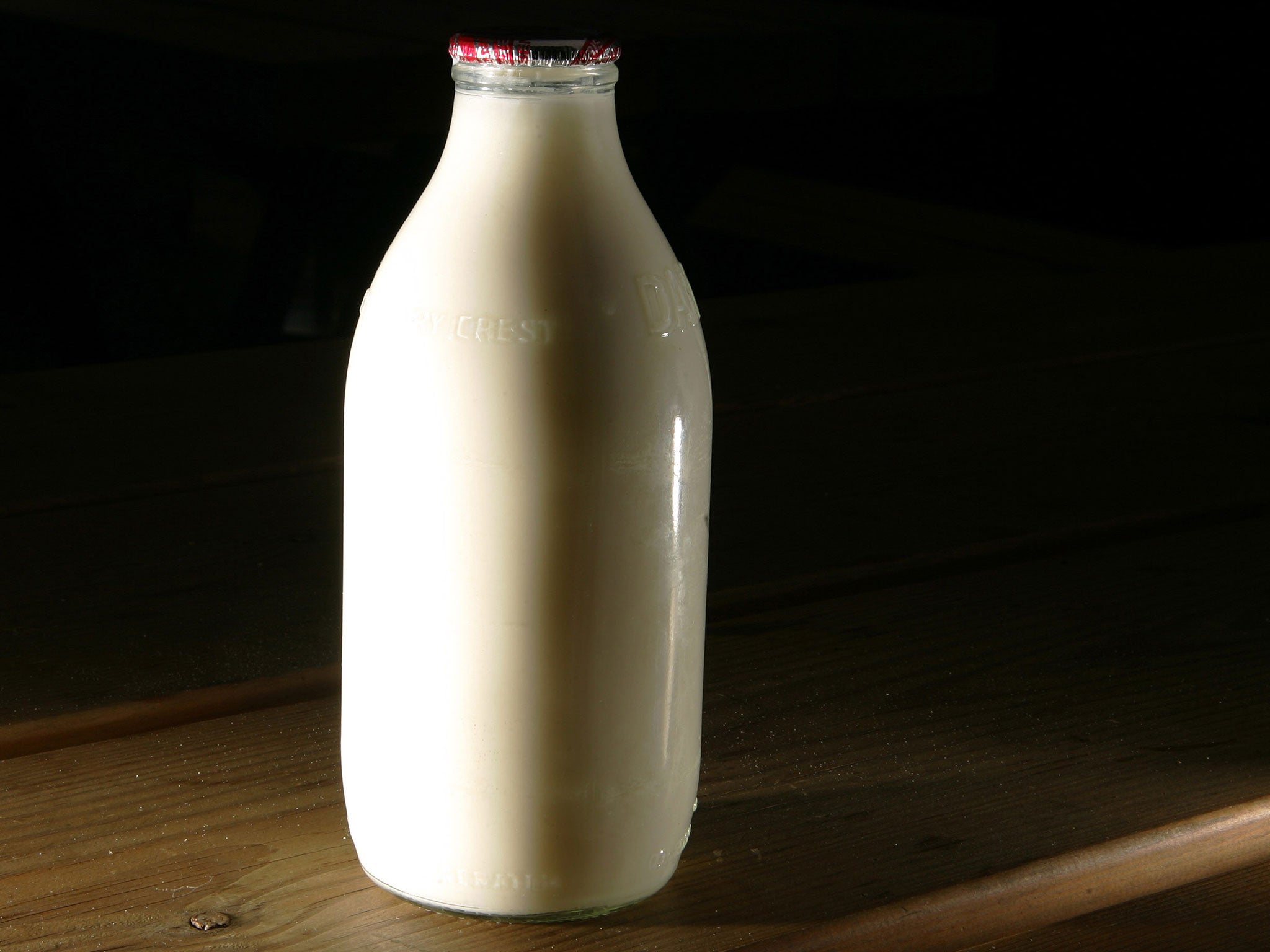Fake food: Criminal gangs move from drugs to a new 'underground economy'
Industrial dye in children's sweets and tens of thousands of fake vodka are among the products to have been seized

Fake food pedalled by organised criminal gangs that could be harming children and people who suffer from allergies is being sold across Europe, it has been reported.
It is believed drug gangs have moved to counterfeiting food as the penalties are far lower than those for narcotic-related crime.
Products seized in the UK recently include goat’s milk diluted with cow’s milk, and cheaper peanut powder used instead of almond flour, which could seriously harm people with allergies.
Other illegal products include children’s sweets containing the carcinogenic industrial red dye Rhodamine B, 17,156 litres of fake vodka found in a 40ft lorry, and 22 tons of long-grain rice to be sold as high-quality basmati.
The findings follow the horse meat scandal last year, when horse DNA was found in meat labelled as beef, and was partly blamed on a difficult-to-trace chain of factories across Europe.
Huw Watkins, head of the intelligence hub at the Government’s Intellectual Property Office and who formerly worked to fight human trafficking, told The Sunday Times: “Food fraud — in a similar way to tackling human trafficking — requires us to collaborate across borders, so we are working with the Food Standards Agency (FSA), Interpol and Europol.
“The overriding concern is public safety.”
He added: “There are cases with ‘best-quality Italian olive oil’ where the olives come from Spain or other countries and, because the olives have fermented, they have been washed through with deodorant. In the UK the biggest foodstuff problem is counterfeit alcohol.”
This includes the case of a leading British supermarket that was found to be unknowingly stocking fake wine, which was later removed from sale.
Rob Wainwright, the director of Europol, the pan-European police intelligence organisation, has called fake food “a major new part of the underground economy”.
The disclosure comes as Britain’s Food and Environment Agency plans to launch the EU’s Food Integrity project at a conference in York, which is to commission €3m (£2.5m) of research into food fraud.
Operation Opson, a joint Interpol/Europol investigation, revealed it had already found more than 1,200 tons of counterfeit food and nearly 430,000 litres of drinks.
When an illegal abattoir in Paris was shut down recently, fake olive oil, vinegar, biscuits, chocolate bars and honey were confiscated. Meanwhile, in the Philippines nearly 150,000 fake stock cubes were seized.
Mike Ellis, head of Interpol’s trafficking in illicit goods unit, told The Sunday Times that gangs are using increasingly sophisticated machinery.
“In Qatar we found a re-labelling machine, which was designed with the illegal purpose of changing expiry dates on drinks labels. Then, we found one exactly the same in Africa.”
The news follows a report in early February showing that shoppers are at risk of buying “fake food” including ham on pizza that is “meat emulsion” or poultry, prawns that are 50 per cent water, and fruit juice containing additives not permitted in the EU.
Subscribe to Independent Premium to bookmark this article
Want to bookmark your favourite articles and stories to read or reference later? Start your Independent Premium subscription today.

Join our commenting forum
Join thought-provoking conversations, follow other Independent readers and see their replies